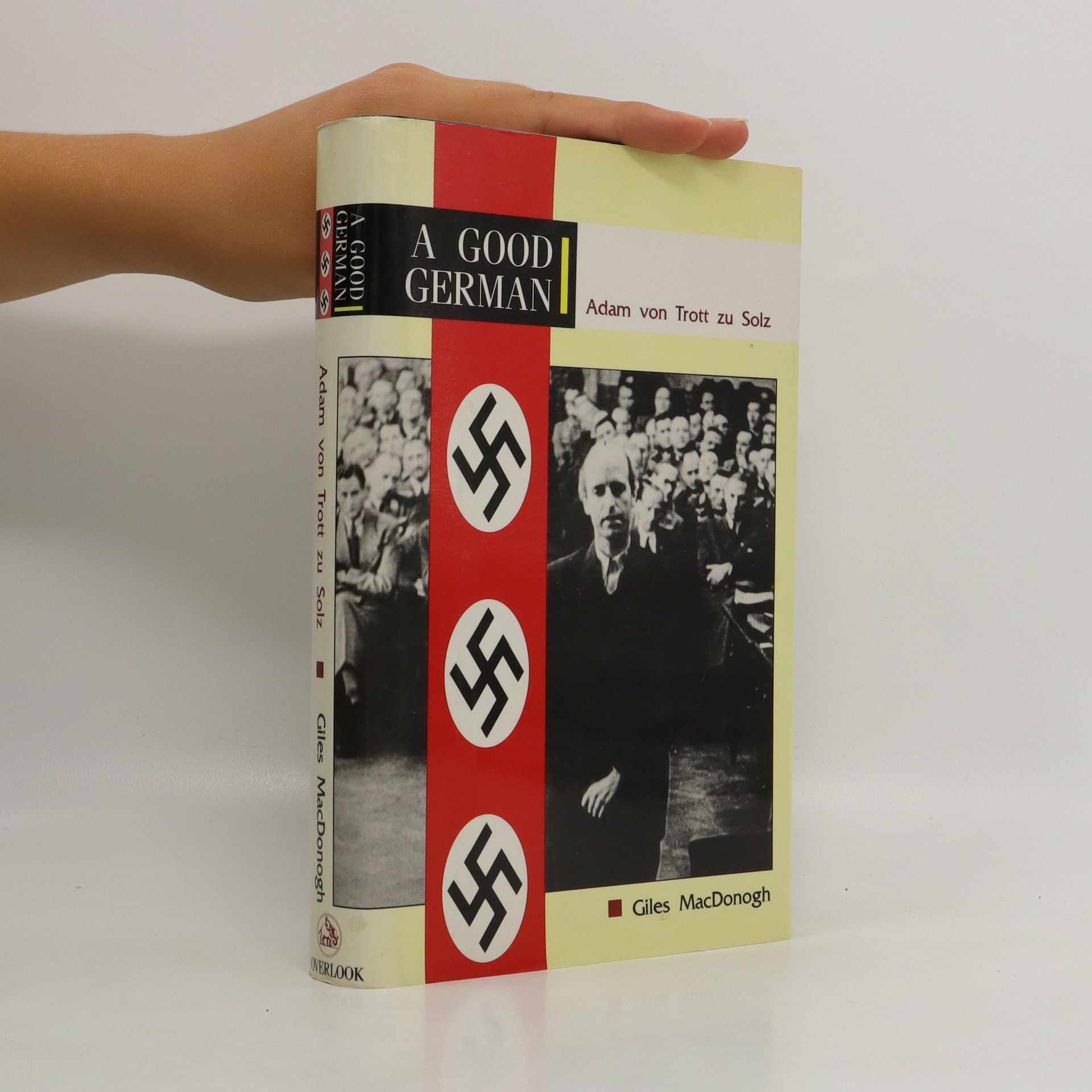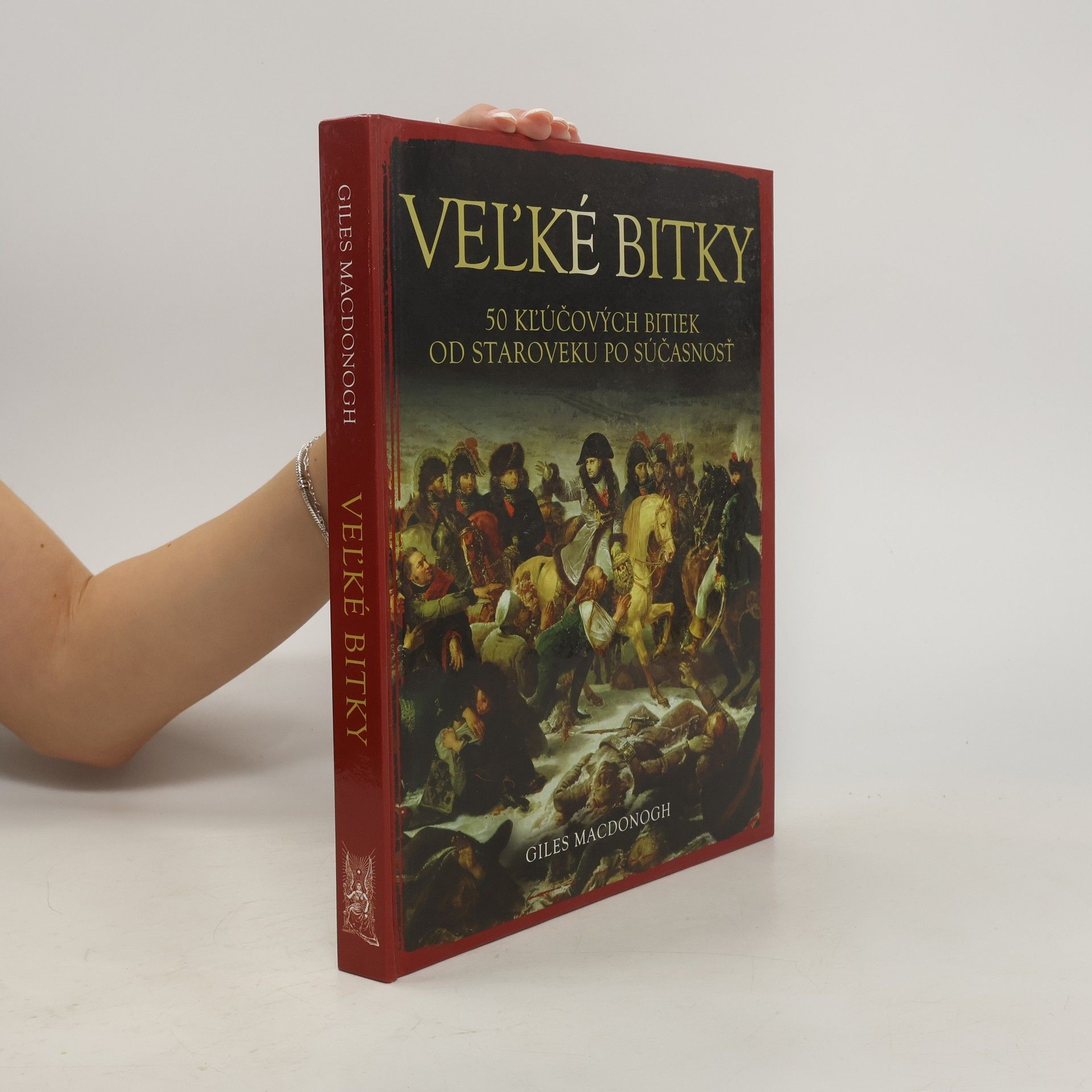„Der Krieg ist nichts als eine Fortsetzung des politischen Verkehrs mit Einmischung anderer Mittel“, schrieb Carl von Clausewitz vor knapp 200 Jahren in „Vom Kriege“. Dieses Buch untersucht Hintergründe, Auswirkungen und Strategien der großen kriegerischen Auseinandersetzungen der Weltgeschichte. Aufwendige Illustrationen stützen die Spurensuche und machen das Nachschlagewerk zum packenden geschichtlichen Dokument.
Giles MacDonogh Bücher
Giles MacDonogh ist ein britischer Historiker und Schriftsteller, dessen Werk sich auf die neuere Geschichte Mitteleuropas, insbesondere Deutschlands, konzentriert. Sein tiefes menschliches Verständnis und seine sorgfältige Auswahl an Quellenmaterial erwecken die Vergangenheit mit bemerkenswerter Schärfe zum Leben. MacDonoghs Schreibstil ist sowohl fesselnd als auch ernsthaft und ermöglicht es den Lesern, sich mit Klarheit und Tiefe in komplexe Ereignisse zu vertiefen. Neben seiner historischen Forschung ist er auch ein anerkannter Autor über Gastronomie und Wein, der sein Fachwissen mit ähnlicher Leidenschaft teilt.

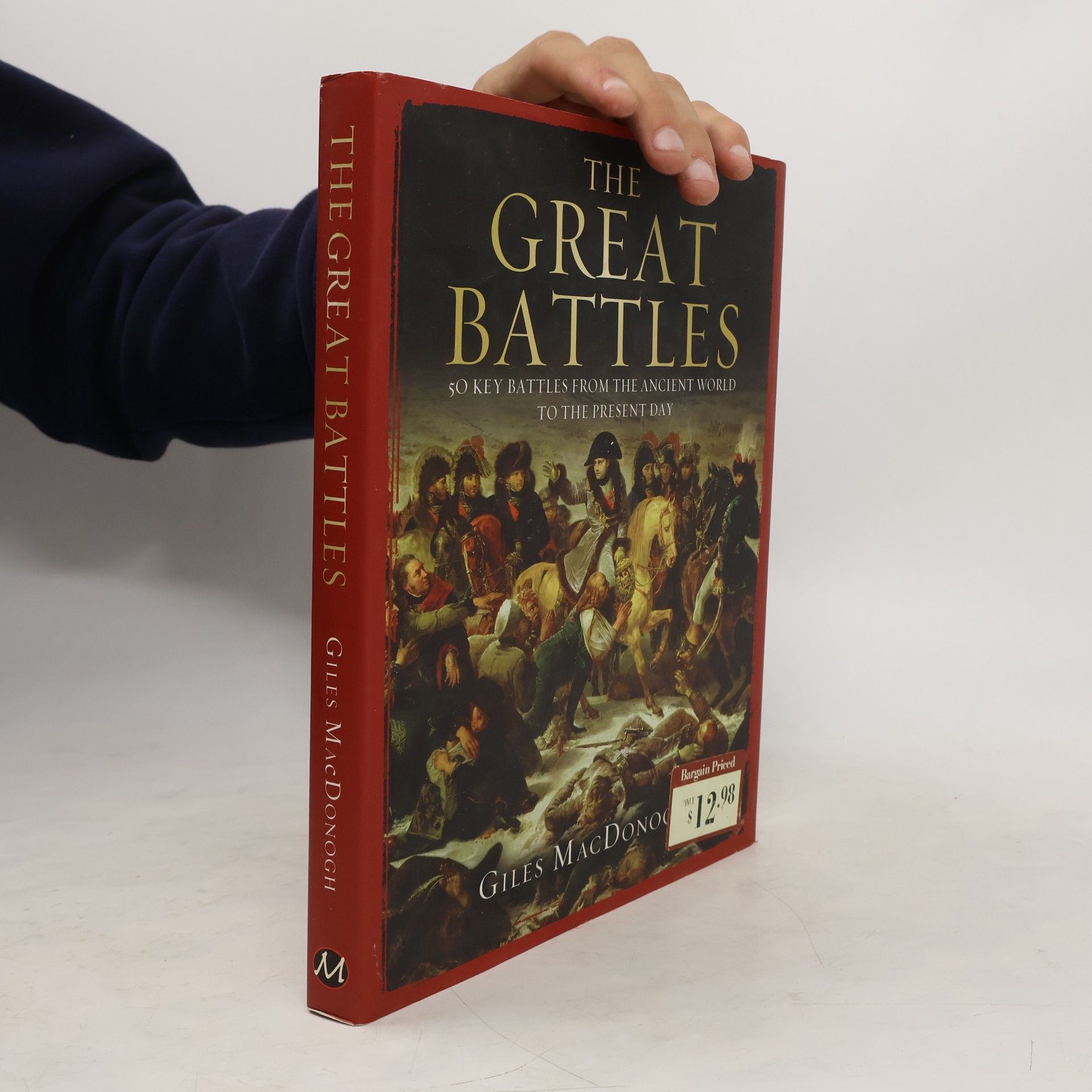
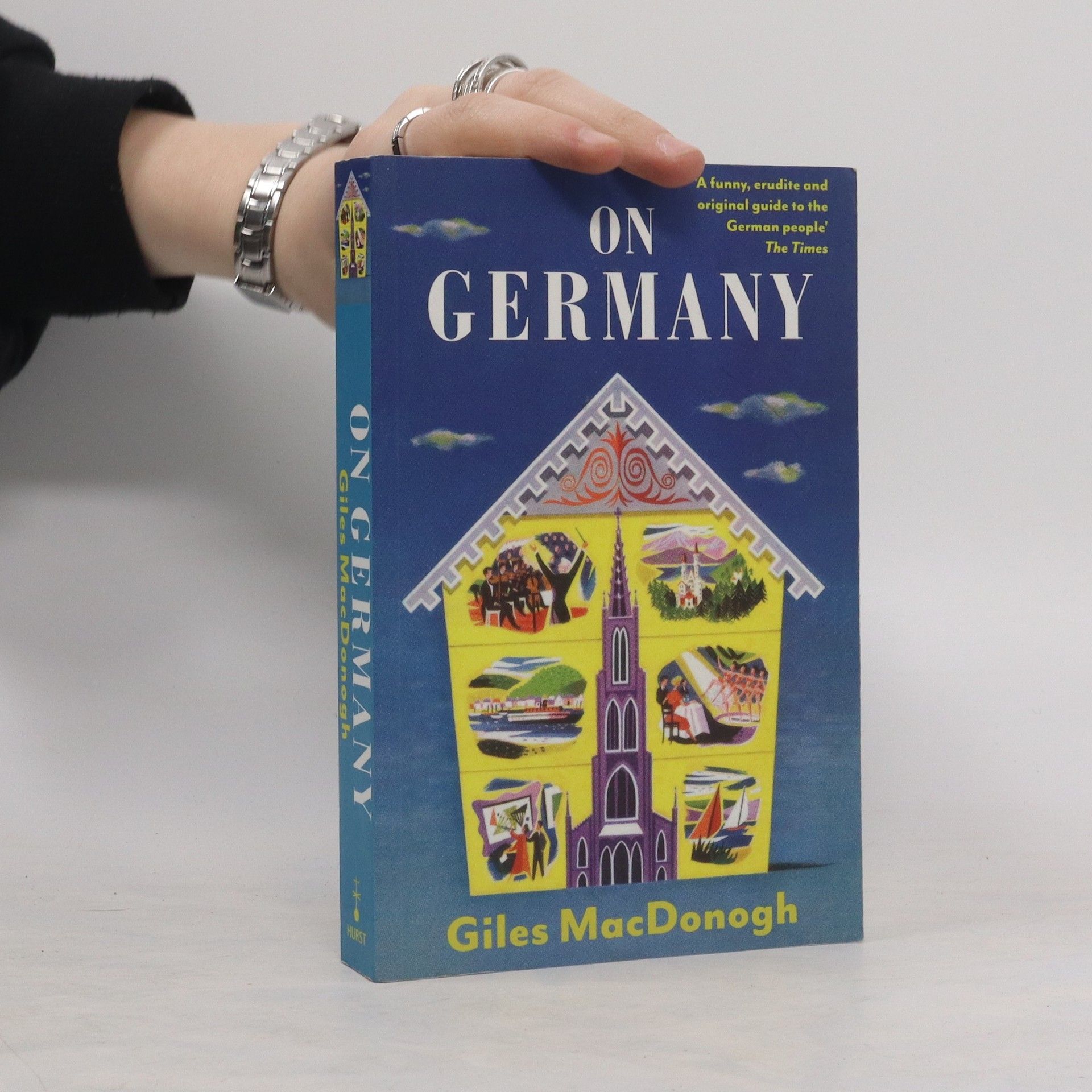


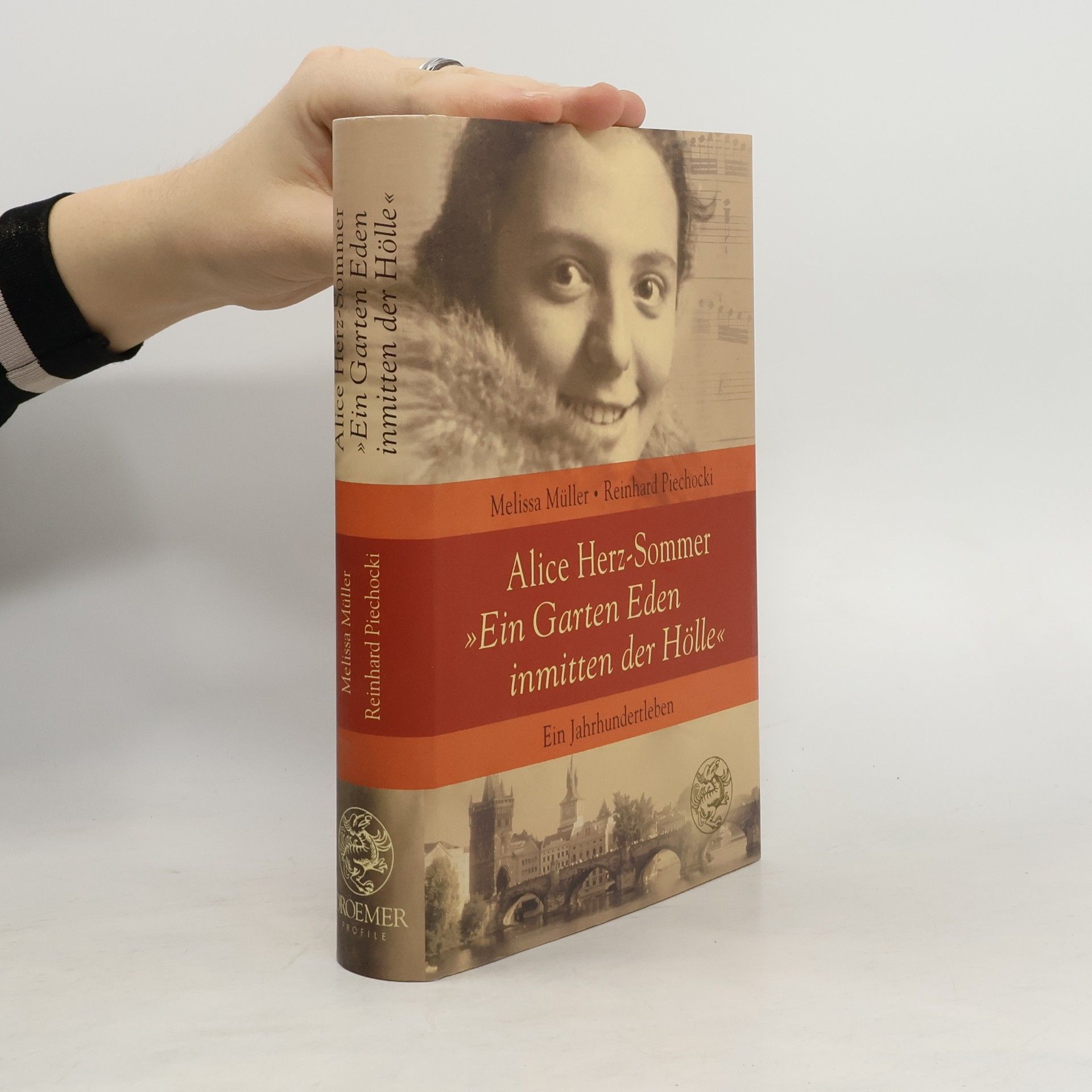
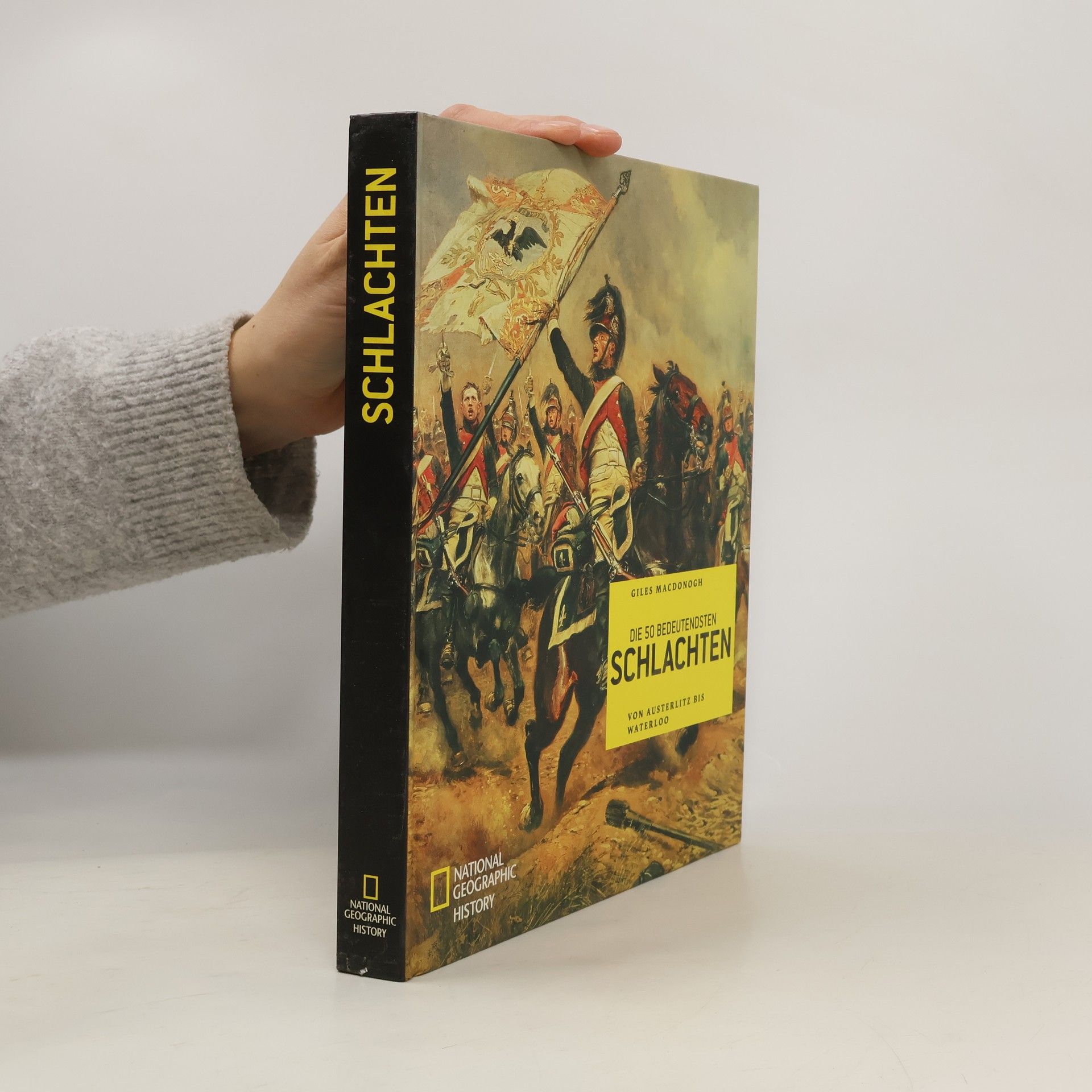
Alice Herz-Sommer wird 1903 in Prag geboren, im Herzen der Habsburger Monarchie und der literarischen Kreise von Kafka und Brod. Schon früh entdeckt sie ihre Leidenschaft für die Musik und wird mit sechzehn Mitglied der Meisterklasse an der Deutschen Musikakademie. Ihre Karriere als Pianistin blüht auf, doch die Welt um sie herum bricht zunehmend zusammen. Antisemitische Anfeindungen und der Verlust des Vermögens ihres Vaters im Ersten Weltkrieg belasten sie. Als ihre Mutter 1942 deportiert wird, sieht Alice keinen Ausweg und beschließt, die technisch anspruchsvollen 24 Etüden von Chopin zu lernen. Diese Musik wird zu ihrer Rettung. Ein Jahr später wird sie mit ihrem Mann und ihrem Sohn nach Theresienstadt deportiert, wo sie durch mehr als hundert Konzerte ihren Mitgefangenen Kraft und Hoffnung spendet. Sie schafft für ihren Sohn ein „Paradies inmitten der Hölle“, während er in der Kinderoper „Brundibár“ auftritt. Nach dem Krieg leidet Alice unter dem Stalin-Terror und emigriert nach Israel, wo sie am Jerusalemer Konservatorium unterrichtet. Mit 83 Jahren zieht sie zu ihrem Sohn, einem Cellovirtuosen, nach London, wo sie bis heute lebt und täglich Klavier spielt.
Knapp sechzig Jahre nach Kriegsende wird in russischen Archiven ein Dokument von höchster historischer Brisanz entdeckt: Das Buch Hitler. Verfasst exklusiv für Josef W. Stalin, enthält es die persönlichen Erinnerungen von Otto Günsche und Heinz Linge, die diese in sowjetischer Gefangenschaft unter NKWD-Aufsicht zu Papier brachten. Beide Männer bewegten sich als SS-Offiziere über viele Jahre in nächster Nähe Adolf Hitlers. Ihre sehr dichten Schilderungen enthalten nicht nur viele, bislang unbekannte Details zu Hitlers Politik und Kriegführung, sondern vermitteln auch ein ungeschminktes Bild davon, wie es in Hitlers Umgebung wirklich zuging. Eine der eindrucksvollsten historischen Quellen über das Dritte Reich!
Explores the moment when Hitler gambled everything. Until 1938, Hitler could be dismissed as a ruthless but efficient dictator, a problem to Germany alone; after 1938 he was clearly a threat to the entire world. This book offers a revealing account of Hitler's opening moves to war.
On Germany
- 328 Seiten
- 12 Lesestunden
A rich and refreshing exploration of Germany, Germans and Germanness.
The Great Battles
- 255 Seiten
- 9 Lesestunden
The history of the world is largely the history of warfare. The first recorded wars were fought in ancient Sumeria over 5,000 years ago and various conflicts continue to rage in the world we live in today. The Great Battles is a lavish and comprehensive introduction to those clashes that have altered the course of history. -- Front fly leaf.
The Wine and Food of Austria
- 240 Seiten
- 9 Lesestunden
This guide to Spanish wines contains maps showing the location of vineyards and bodegas, wine zones and suggested wine routes. The text includes descriptions of the wines and profiles of producers, and for travellers there is advice on hotels, restaurants and other places of interest.
A Good German
- 358 Seiten
- 13 Lesestunden
Traces the life of one of the leaders of the German Resistance, who was executed for his part in the bomb plot that failed to kill Hitler
Veľké bitky: 50 kľúčových bitiek od staroveku po súčasnosť
- 256 Seiten
- 9 Lesestunden
Vo vzdialenej i nedávnej minulosti sa na bojovom poli počas niekoľkých hodín alebo dní často rozhodlo o osudoch celých národov na mnoho roky, ba dokonca storočí. Táto kniha podrobne opisuje priebeh 50 významných bojových stretnutí, ktoré mali väčší či menší vplyv na ďalší vývoj sveta. Okrem pútavého textu publikácia obsahuje množstvo ilustrácií a mapiek znázorňujúcich priebeh každej bitky.

